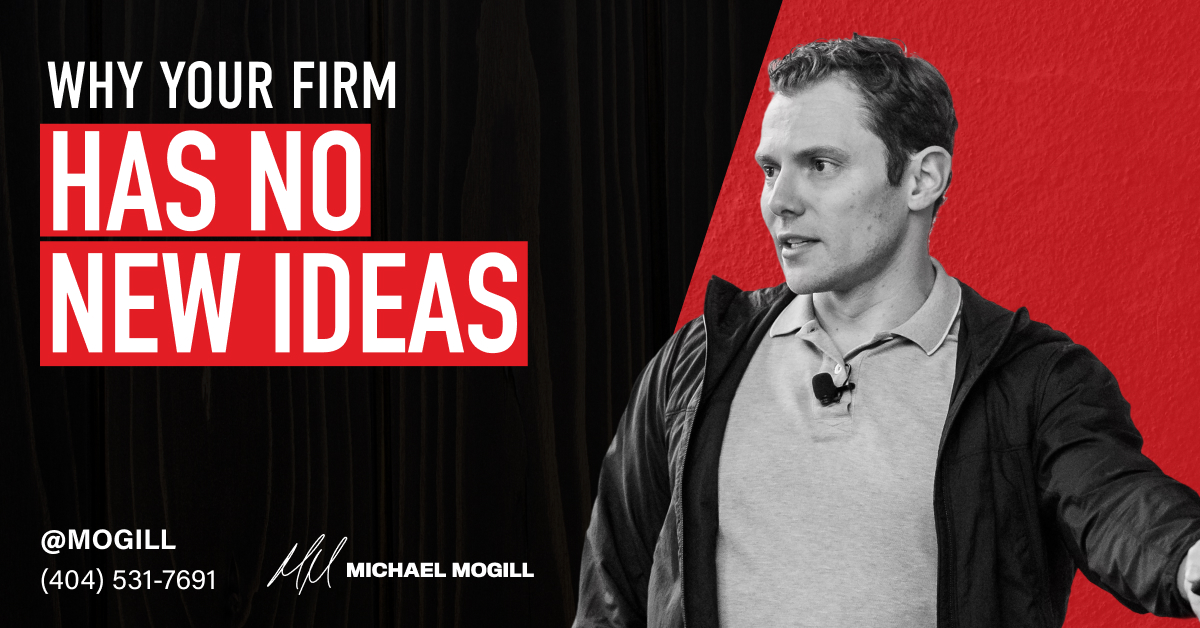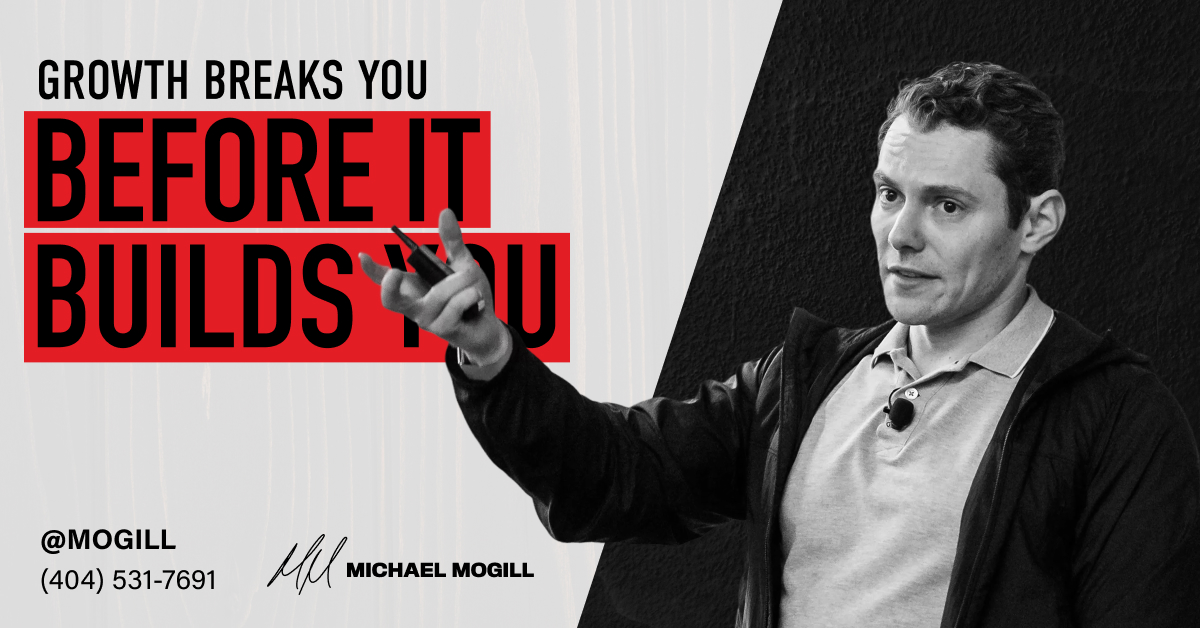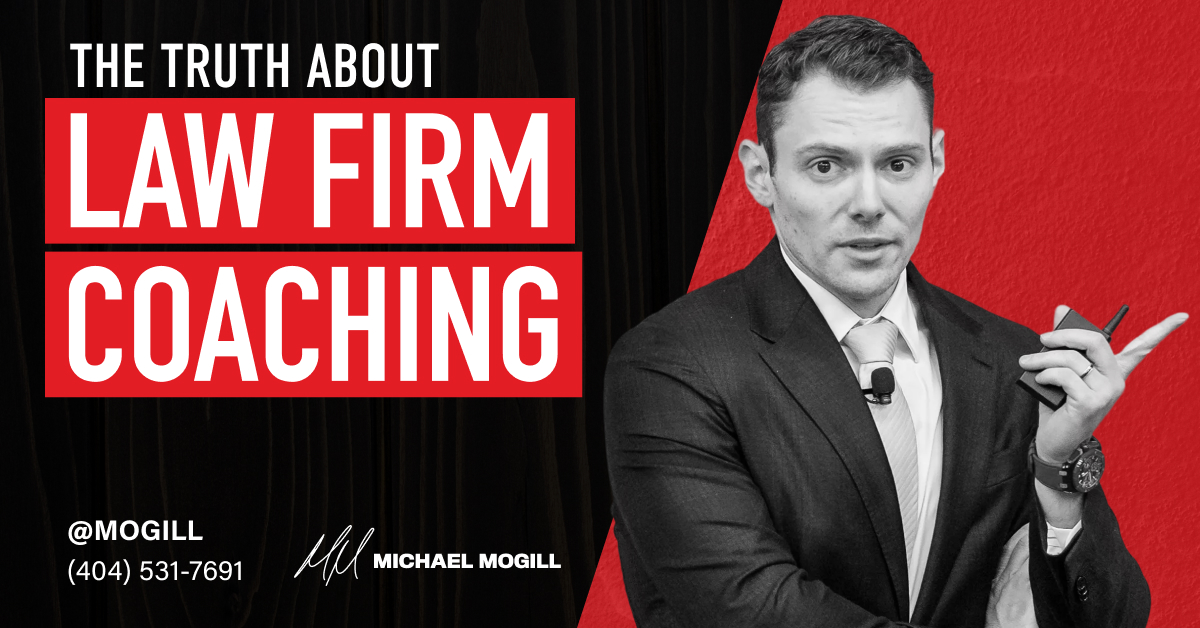Stress gets a bad rap, especially when it comes to how it affects people’s ability to do productive work.
Most people treat stress like a disease to be eradicated. On the one hand, it’s true that long-term stress will lead to decreased productivity, happiness, and even health. However, short-term stress can be one of the most powerful performance tools out there.
The trick? Strategic reframing.
When you learn how to overcome the transient obstacles you face, you’ll raise your level and cultivate an A-team that’s able to achieve peak performance under any condition.
Let’s start with the mindset shift.
First things first, you have to realize that stress isn’t the enemy; it’s the engine.
Without deadlines and friction, barely anything would ever get done. Living forever with no urgency, nothing but laissez-faire existence that doesn’t light a fire under your belly? No one would ever get out of bed.
That’s the paradox of perpetual calm. You never act.
Stress is a tool that pushes you into action, even enhancing your performance.
But how do you transform stress from foe to fuel? As you’ve probably already guessed, it’s not by eliminating it. It’s by training yourself (and your team) to be resilient in the face of it.
You won’t make someone more resilient by shielding them from discomfort. If anything, you’re harming them by doing so, leaving them unprepared for when you simply can’t hold it at bay forever.
Instead, the same way you can only grow patience by testing patience, you can only build stress tolerance by exposing someone to it, guiding them through it, and then calibrating.
Throw a challenging deadline, a high-stakes pitch, or an unexpected curveball, and help the team adapt and overcome the outside pressure.
All high-functioning organizations lean into pressure. The most successful leaders never say, “I wish we’d never been stressed.” Instead, they speak of stressful situations as the moment their team came together, learned new skills, and built trust on a whole new level.
Sure, you can offer mindfulness rooms, yoga, and hugs. But rescuing people every time stress surfaces is a shortcut to an unprepared, risk-averse team.
Under real pressure, those who haven’t been allowed to develop coping skills crumble.
Instead, model resilience. Show your team how you adapt and break through so they can feel inspired to mirror your behavior when they’re in a bind.
Last but not least, after the storm passes, don’t just breathe; reflect.
You’ll be able to say to your team, “Remember when this felt impossible? And yet we did it.”
Highlight the resilience of those experiences and not how uncomfortable they felt, so that the next time it happens, the ability to overcome is the first and foremost thing on your team’s mind.
Stress in small doses is a performance weapon — because the goal isn’t comfort; it’s competence under fire.
Every time your team steps up in a stressful moment, they don’t just survive. They get stronger.
That’s how high-pressure becomes high performance.






